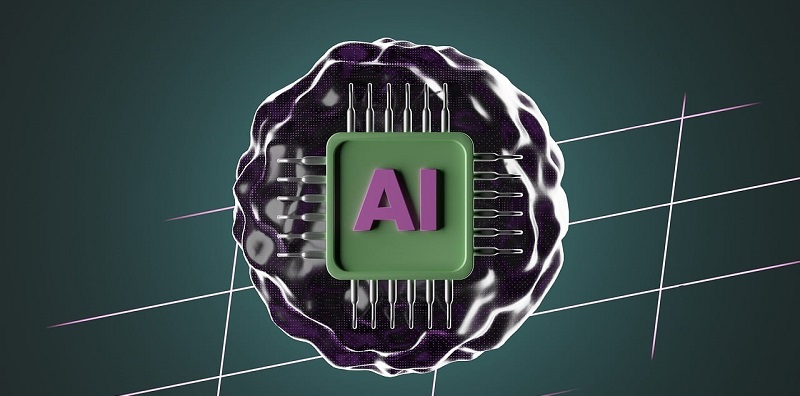In today’s digital age, organizations are increasingly adopting artificial intelligence (AI) tools and automated systems for various business processes, including candidate screening and hiring. While these technologies offer efficiency and accuracy, they also pose risks when it comes to compliance with legal regulations. Without proper guidance or legislation, organizations can inadvertently expose themselves to significant legal and ethical challenges. This article delves into the risks associated with AI-based hiring practices and provides insights on how HR professionals can mitigate these risks through careful considerations and adherence to relevant laws.
The Use of Automated Tools in Candidate Screening
In recent years, the adoption of automated tools for candidate screening has become widespread. According to the Equal Employment Opportunity Commission (EEOC) chair, Charlotte A. Burrows, a significant number of organizations now employ some form of automated tool to screen or rank job applicants. These tools utilize AI algorithms to sift through a large pool of candidates and identify potential matches based on specific criteria. While these tools have their merits, HR professionals must remain vigilant as the reliance on AI-based screening can lead to inadvertent violations of the Americans with Disabilities Act (ADA).
Potential Violations of the Americans with Disabilities Act (ADA)
AI-based screening tools can inadvertently discriminate against individuals with disabilities, resulting in violations of the ADA. HR professionals must be cautious when using automated screening tools to ensure they do not unfairly disadvantage candidates with disabilities. For instance, certain algorithms may inadvertently dismiss candidates based on factors that indirectly relate to their disabilities. Consequently, it is crucial for organizations to verify that the screening processes align with the ADA and provide equal opportunities for candidates with disabilities.
Employer Liability in Third-Party AI Screening
Employers cannot evade their responsibilities by outsourcing candidate screening to third-party providers. Even if a third-party provider is contracted to perform the screening, employers remain liable for any discriminatory actions or outcomes. It is imperative for organizations to thoroughly vet and monitor third-party providers to ensure that their screening practices align with legal regulations and ethical standards. By doing so, employers can avoid legal ramifications associated with discriminatory hiring practices.
Transparency and Communication with Job Applicants
One of the key considerations in AI-based candidate screening is the need for transparency and communication with job applicants. Organizations must inform applicants that their applications are being assessed using AI tools. This disclosure ensures transparency and allows candidates to understand the evaluation process. Failing to inform applicants about the use of AI tools during the hiring process can lead to distrust and potential legal implications.
Providing Accommodations and Addressing Biases
To mitigate the risk of ADA violations and minimize biases within AI-based hiring practices, organizations must clearly communicate to applicants that accommodations are available upon request. Additionally, organizations should conduct regular internal audits of hiring results and processes to assess and address any biases. These audits help identify potential areas of improvement and ensure that hiring practices align with legal regulations.
Legislative Landscape in the United States
As of now, New York City stands as the only jurisdiction in the United States with an active law regulating AI use in employment. However, other regions are also recognizing the need for legislative intervention. In response to the growing prevalence of AI technologies in the workplace, California Governor Gavin Newsom recently enacted an executive order mandating the analysis of anticipated AI use. This step highlights the importance of staying informed about evolving legislation and proactively adapting hiring practices to ensure compliance.
Education on Ethical AI Use
Education of employees on ethical AI use should be a primary focus for HR departments seeking to leverage AI technology responsibly while avoiding litigation risks. HR professionals should prioritize training programs and workshops that enhance awareness of AI biases, ensure ethical decision-making, and foster inclusivity in hiring processes. By equipping employees with the necessary knowledge and skills, organizations can ensure responsible and compliant AI-based hiring practices.
As AI becomes an integral part of hiring processes, organizations must prioritize guidance and legislation to mitigate potential risks. Adhering to legal regulations, maintaining transparency, providing accommodations, and addressing biases are essential steps in responsible AI-based hiring. Moreover, keeping abreast of the legislative landscape and investing in employee education on ethical AI use can assist organizations in avoiding litigation risks and fostering a fair and inclusive work environment. By approaching AI-based hiring practices responsibly, organizations can harness the benefits of these technologies while minimizing legal and ethical pitfalls.

